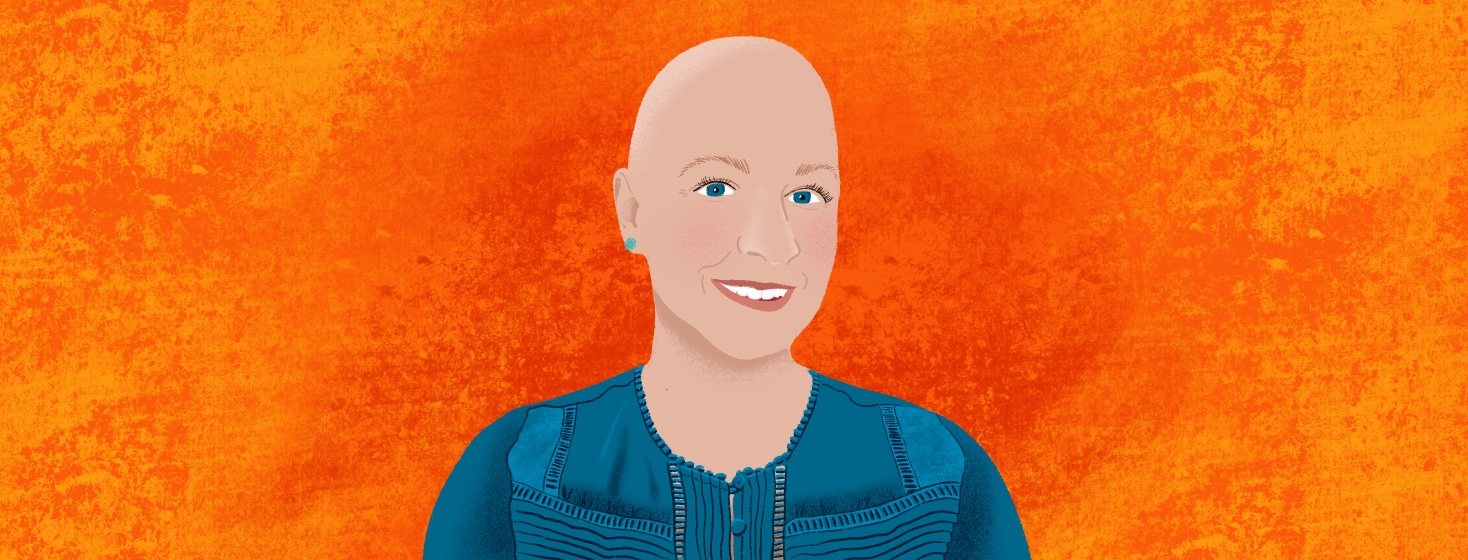Community Member Spotlight: Emily Sanial Hunt
Meet Emily, one of our community members! She shares her MBC diagnosis story which started with an initial early-stage diagnosis and 5 years later after a recurrence was diagnosed with stage 4.
MBC Diagnosis
I was first diagnosed with invasive ductal carcinoma (stage 2, ER/PR+ HER2-) in 2013. I had an infant daughter at the time and had what I initially assumed to be a clogged milk duct. I even had a primary care physician tell me I was too young to get breast cancer (I was 35). Luckily, I persisted and received my diagnosis after following up with my OB/GYN. After a local recurrence in 2015, I was diagnosed with metastatic breast cancer in 2018.
Life with MBC
Living with metastatic breast cancer is a roller coaster. The hardest part for me is staying positive but also realistic about the impact this diagnosis has on my family. Also, when well-meaning people don't understand the situation and ask questions like "when will you be done treatment?"
Resources & support after my MBC diagnosis
When I was first diagnosed in 2013, I found a group of fellow survivors and received so much love and support from them. It was so important to me to talk to women who had been through exactly what I was going through and really understood my struggles and experiences.
AdvancedBreastCancer.net has been a great resource for me. As with my early diagnosis, I love hearing stories of women who share my experiences. Reading stories and pieces written by women with advanced breast cancer provides reassurance.
Advice for newly diagnosed MBC patients
For someone who is newly diagnosed with invasive ductal carcinoma, I would say:
- Trust your gut. Advocate for yourself when you are uncomfortable with something, especially if you feel a doctor is not listening to your concerns.
- Don't be afraid to accept help. Surgery and other treatments are not easy, don't try to be a superhero. Accept the help that is offered. Your friends and family feel helpless and want to support you in any way they can.
- Stay positive. It sounds cliche but it has helped me stay focused on getting well!

Join the conversation